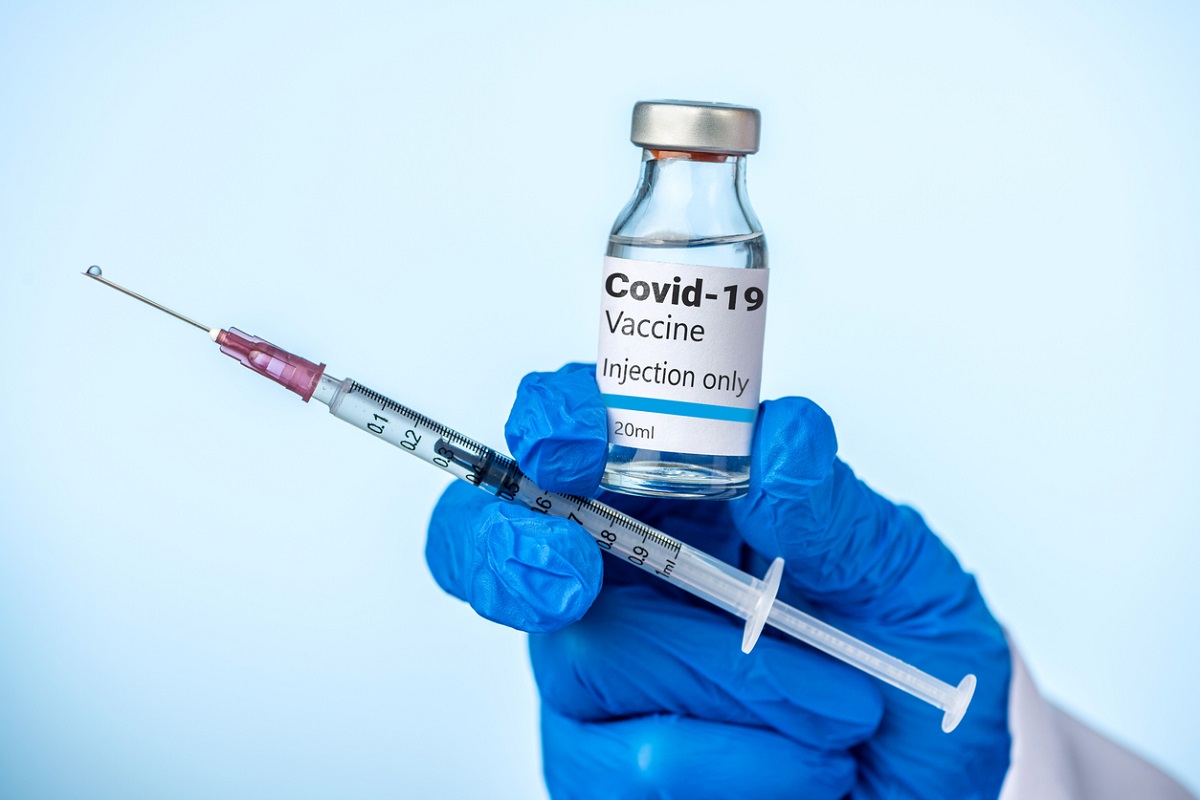Here’s a prediction. Now that the New York Times has carried a report on how the tiny kingdom of Bhutan has out-vaccinated most of the world with over 60 per cent of its citizens having been inoculated against Covid-19, the slavish sub-continental media will follow suit.
What are known as follow-up stories in the jargon, complete with human interest features on the Bhutanese health workers who hiked through ice and snow to reach the remotest areas of this remote Himalayan country sandwiched between India and China, are surely on the anvil.
Advertisement
Nothing wrong with that, of course; indeed, Bhutan has shown the way with the people-first approach of its state policy and the work ethic of its government officials who are truly public servants.
The issue lies elsewhere. For, how many of these putative media reports will appreciate that each and every one of the aforementioned citizens of Bhutan has been inoculated against the coronavirus with vaccines provided by India is moot. (The NYT does, by the way.) All of which is a roundabout way of underlining the point that while criticism of the administration for not using the November 2020-April-2021 Covid-19 downtime, as it were, to better prepare for the second wave of the pandemic that hit countries across the globe is perfectly valid, critics ought to familiarise themselves with which aspects of India’s pandemic response policy have proven beneficial and which have fallen short before going off half-cock.
India’s vaccine diplomacy or humanitarian outreach ~ the Vaccine Maitri initiative ~ has been an outstanding success and does not deserve the ill-informed commentary it is currently being subjected to.
The lacunae in government policy over the past six months has been in not ramping up the production of medicines such as Remdesivir and Ivermectin required for treating Covid-19; taking the foot off the pedal in the manufacture of ventilators and oxygen; letting the urgency diminish in its drive to augment bedcapacity across hospitals and improve health infrastructure including in states which are notoriously callous in this respect and not setting an example in displaying coronavirus-appropriate behaviour especially in the campaign for the state polls. But to allege a shortage of vaccines drawing a direct correlation with the nearly 600 lakh doses exported by India to more than 60 countries of the global South is simply incorrect.
That this allegation comes mainly from Opposition-ruled states is a significant factor; it gives rise to the suspicion that vaccine politics is in play. Given the storage requirements, initial vaccine hesitancy, limited requirement domestically due to the age-based inoculation phases, desire to avoid vaccine wastage, the confidence that both the Serum Institute of India and Bharat Biotech (which manufacture the India-approved shots) could be asked to scale up production at short notice, and the prudence displayed by the government in listening to scientific advice by not rushing to approve vaccines cleared in other countries without insisting on bridge trials in India, those alleging a causal link between the export of vaccines and their reported shortage in India are playing a dangerous game.











